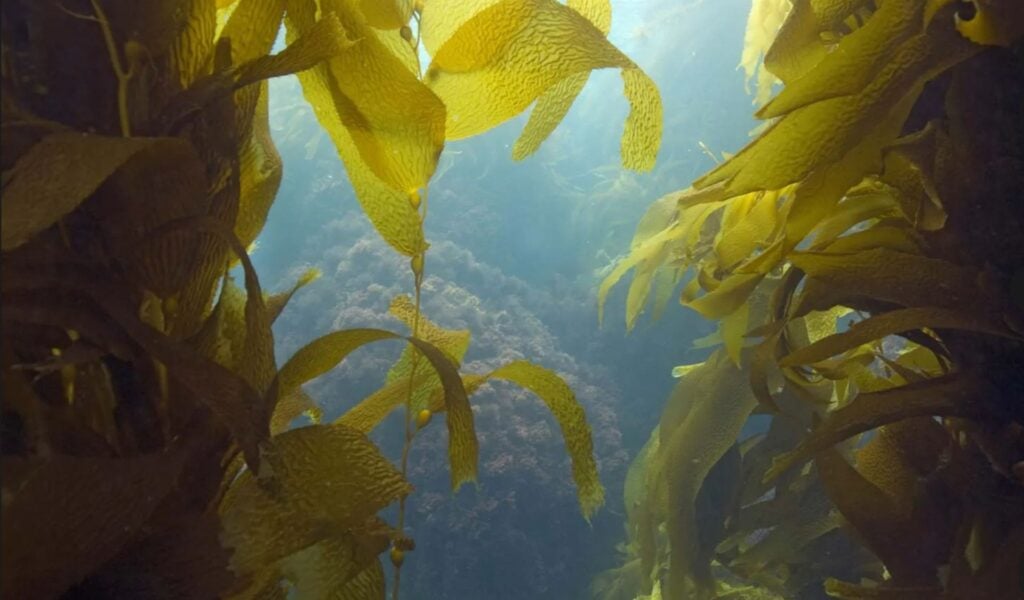For years, it’s been widely believed that humans once relied on seaweed and other types of algae for sustenance. However, the widely accepted theory has been that once our ancient ancestors began farming, they all but removed sea plants from their diet in favor of those that grow on land. But now, thanks to new data collected by a team of archaeologists from the UK, that hypothesis has been disproved. In fact, it’s become clear that humans living in Europe thousands of years ago undoubtedly enjoyed seaweed as a part of their regular diet.
About 8,000 years ago, homo sapiens transitioned from hunter gathering to farming, thus changing the world forever. Historically, academics had believed that at this time, humans stopped eating seaweed, instead using the tough water-borne plant for wrapping, fertilizer, fuel, or possibly during a famine.
But a team of archaeologists from the University of York and the University of Glasgow published a paper last week in the “Nature Communications” journal that says otherwise. These researchers examined the teeth of 74 different human beings that lived in what is now Europe between 2,000 and 8,000 years ago. And they were able to tell a great deal about their diet from the plaque found on their teeth. Karen Hardy, an author on the study and a professor of prehistoric archaeology at the University of Glasgow, explained, “Dental plaque …is very common and once it develops it can only be removed by scraping… in the past, it simply accumulated. It is common on most archaeological skeletal material throughout the past.”
Because even ancient teeth retain plaque for thousands of years, the research team was able to obtain 37 samples. And within these samples, they noted something incredibly interesting: 26 of them showed signs of aquatic plants. Hardy explained that aquatic plants have “distinct, unusual and complex organic chemistry” that makes them highly resilient as well as easy to identify.
The fact that 70% of the samples taken from tombs and graves in the UK, Spain, and Lithuania contained some form of water based plants has led the archaeologists to believe that these plants were absolutely a standard part of their diet. How they prepared the seaweed and other similar plants is unknown, but they are sure they ate it regularly.
What’s especially interesting about this finding is that it is common knowledge today that seaweed is incredibly nutrient-rich and has even been called a “superfood,” Many countries in Asia still eat seaweed and algae regularly for its earthy taste and significant health benefits. So why (and when) did Europeans stop eating seaweed?
That they don’t know for sure yet. However, since plaque lasts for thousands of years and water plants are so easy to detect, it may not take scientists long to find out at least when Europeans phased seaweed out of their diets.
